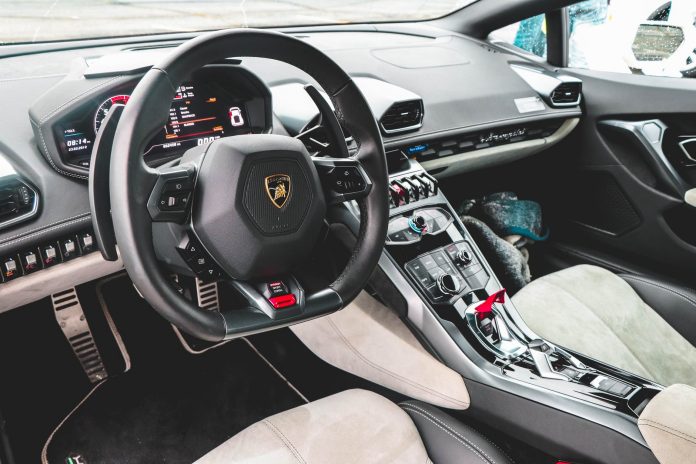Cloud computing is taking the automotive sector by storm, and it is predicted that 70% of cars sold worldwide will possess a mobile internet connection within the next four years. As 5G network connectivity becomes increasingly available, the capabilities of our cars will only continue to grow. However, the increased levels of mobile cloud computing that connected cars represent brings with it a number of key concerns, security being chief among them.
Also read: How to Start Your Career in Cyber Security
Common security concerns
As software and various forms of connectivity continue to play ever greater roles in our automotive lives, drivers must be aware of the risks they present, both to their safety and to data security. Many connected cars now ship with inbuilt operating systems, and some even feature dedicated app stores. App stores on both Android and iOS platforms have been notoriously susceptible to data security threats, and it would be naive to think that automotive app stores would be any different. Connected cars collect an incredible amount of information about their drivers, from their location data to their driving styles and habits, producing up to 25 gigabytes of data per hour. Much of this data is processed using cloud computing services and used by manufacturers to improve machine learning algorithms that improve fuel efficiency and safety features.
How to reduce the risks
Much of the data security advice given to desktop computer users applies to cars. Regular software updates are crucial for maintaining the integrity of your car’s operating system. For any connected device, it is a matter of when, not if, a vulnerability is found in its system. Manufacturers do their best to find and patch these vulnerabilities before they become public knowledge and are used maliciously. However, their work is wasted if you refuse to update your car’s software, putting you at increased risk, particularly if your car has any self-driving capabilities. Researchers have recently hacked self-driving Teslas, forcing them to make dangerous maneuvers and swerve into oncoming traffic. Mobile app stores are often poorly curated, and while stricter guidelines are enforced in their automotive counterparts, careful use of app stores is still recommended, as the results of infection can be so much more dire.
If antivirus software is available for your car’s operating system, it is a strongly recommended measure, though regular updates are important.
Modern cars feature many technologies that make our lives easier, adding convenience through cloud-based technologies that would have been impossible just a few years ago. These conveniences can be costly, however, if proper security measures are not followed. Thankfully, most of the common sense advice we follow for our everyday desktop usage applies, and we needn’t change our habits drastically to maintain our security.
Also read : Common Cyber security Mistakes











